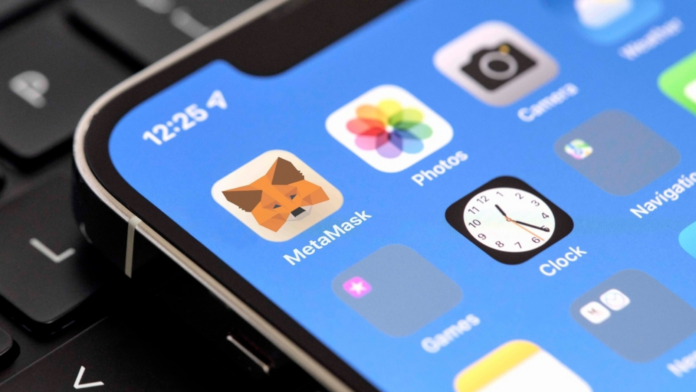In an increasingly digital world, safeguarding our online transactions is more crucial than ever. Recognizing this imperative, MetaMask, a leading software cryptocurrency wallet, has partnered with Blockaid, a prominent security firm, to roll out a cutting-edge feature designed to shield users from the insidious threat of phishing attacks.
Elevating User Security with a Cutting-Edge Collaboration
MetaMask users on desktop now have a compelling reason to feel more secure. By tapping into an experimental setting within MetaMask, users can activate the Privacy Preserving Offline Module (PPOM). This new addition, courtesy of a collaborative effort between MetaMask and Blockaid, is a significant leap towards robust transaction security.
PPOM stands as a testament to MetaMask’s commitment to innovation. Operating offline, this engine meticulously simulates and validates transactions and signatures before any commitment is made. It does so through the savvy use of node RPC communication requests with a configured node provider, taking extra care to ensure that no sensitive data leaks to external servers.
The Blockaid Beacon: A Deterrent Against Deceptive dApps
Bárbara Schorchit, the senior product owner at MetaMask, acknowledges that Blockaid’s expertise in decentralized application (dApp) scanning is pivotal to the efficacy of PPOM. This system has the finesse to mimic user interactions within any dApp, discerning the benign from the potentially harmful. By scrutinizing the dApp’s behavior in its entirety, it can identify and flag any lurking threats to the user’s digital assets.
During the early stages of this feature’s implementation, proactive users who opt-in will receive alerts if a transaction is detected as potentially malicious. And this is just the beginning. MetaMask has its sights set on expanding this feature to its mobile app by November and hopes to integrate it seamlessly, with a default enablement by the first quarter of 2024. This cautious, phased approach is designed to minimize false positives, ensuring that legitimate transactions proceed without unnecessary hiccups.
The Privacy Priority: User Concerns Addressed
In the wake of rising privacy concerns, Schorchit reassures users that the PPOM’s inner workings are tightly sealed from prying eyes. The module operates exclusively within the user’s device. Simulations and validations of transactions happen in-house, so to speak, with communication restricted solely to the blockchain via the selected node provider.
An Ongoing Battle: The Crypto Phishing Menace
The crypto sphere is no stranger to the persistent scourge of phishing attacks and scams. Blockaid’s findings indicate that an alarming 10% of dApps carry a malicious intent. A survey conducted by Consensys resonates with these findings, showing that nearly half of the global participants pinpoint the prevalence of scams as a significant entry barrier to the crypto market.
Immunefi, a blockchain security platform, documents that the third quarter of 2023 alone witnessed a stark uptick in attacks on crypto entities and Web3 projects. This period saw a total loss of about $332 million due to diverse exploits, marking it as a record-high month for crypto vulnerabilities.
Bitrace recently reported that fake wallet applications pose a considerable risk to crypto assets. These applications, often stumbled upon through search engines, are deceptively similar to authentic ones, duping users into surrendering their assets or revealing their sensitive information, leading to irrevocable losses.
In Conclusion
MetaMask’s initiative, with the support of Blockaid, marks a significant step towards combating the ever-evolving cyber threats in the cryptocurrency landscape. It’s an effort that not only enhances security but also instills a much-needed layer of trust for users navigating the complex world of crypto transactions.















